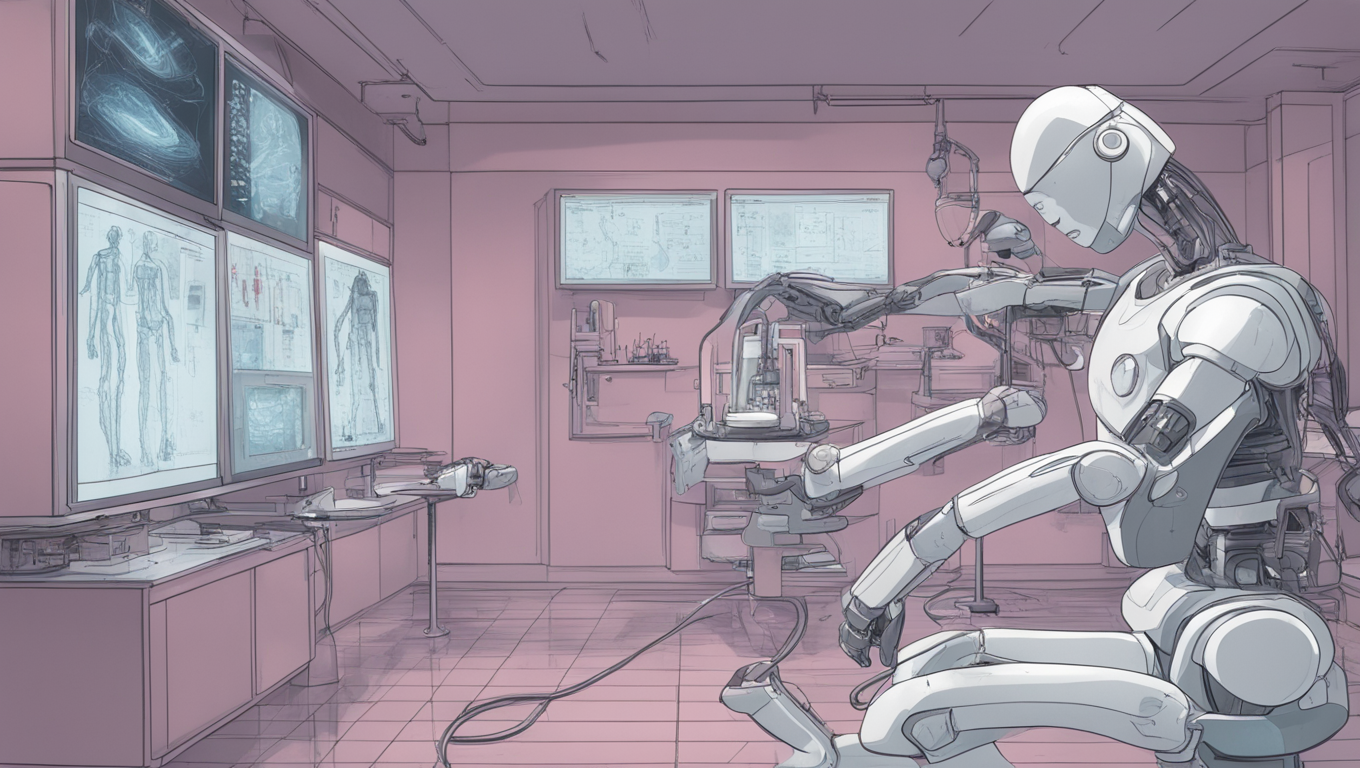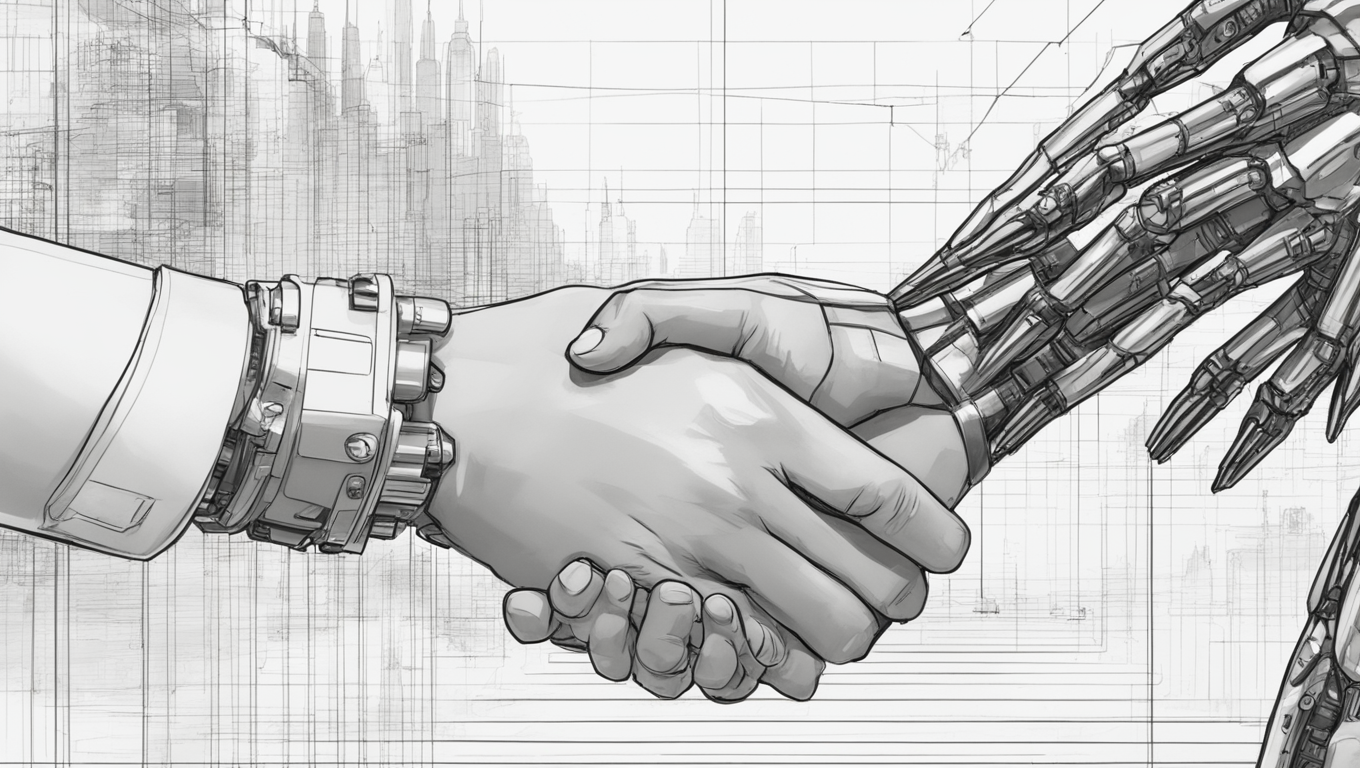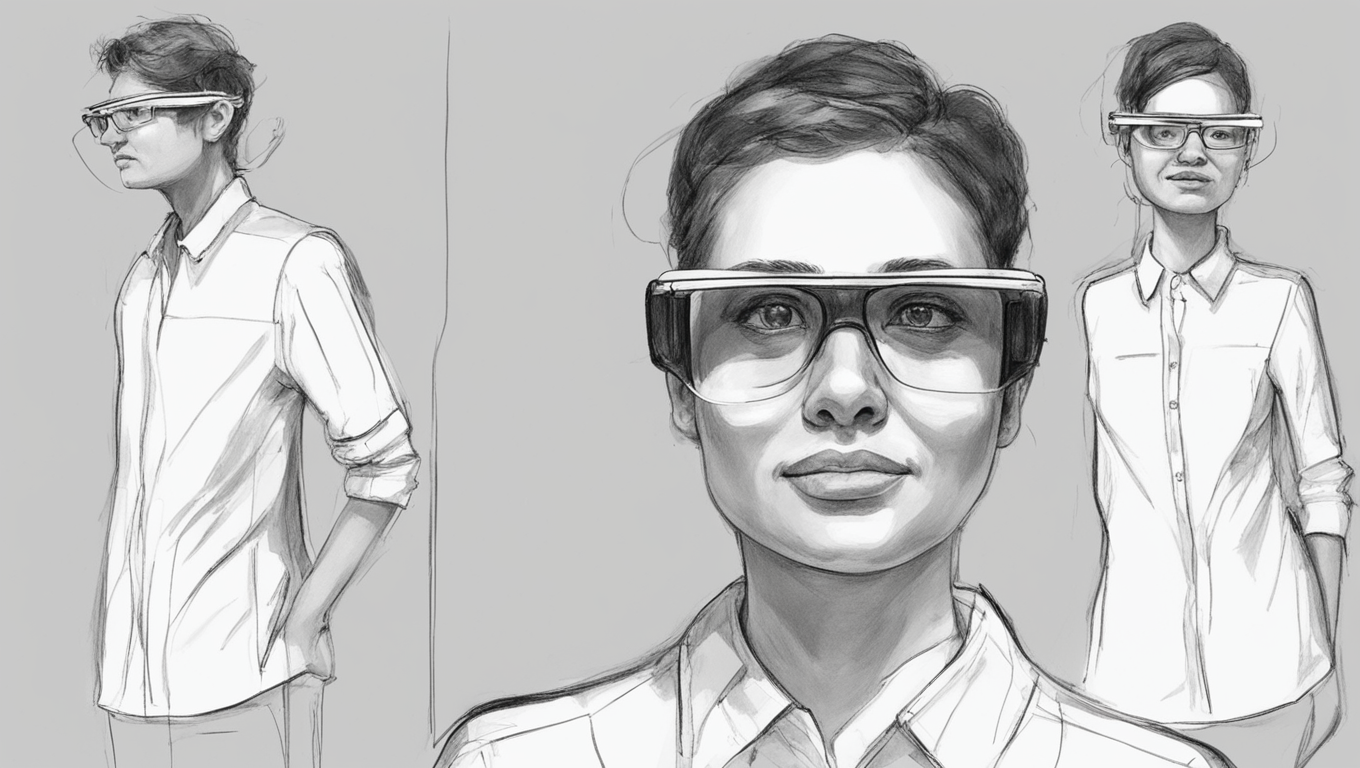The artificial intelligence (AI) revolution has permeated various industries, and healthcare is no exception. With the potential to transform patient care, improve medical outcomes, and enhance operational efficiency, AI is being hailed as a game-changer in the field of healthcare.
According to a recent report by Coherent Market Insights, the artificial intelligence in healthcare market is estimated to reach a value of US$3,285.0 million by 2023, with a projected compound annual growth rate (CAGR) of 56.2%. This growth can be attributed to the increasing demand for AI in healthcare, driven by factors such as the need for accurate diagnosis, personalized treatment plans, streamlined operations, and cost savings.
The report provides valuable insights into the size of the market, current trends, drivers, risks, potential outcomes, and major segments. It offers a comprehensive analysis of the industry, including the past and current status, forecasted market size, and trends. The research paper is based on a variety of secondary and primary sources, ensuring a comprehensive and accurate picture of the artificial intelligence in healthcare market.
In order to gain a deeper understanding of the market dynamics, the report features input from industry experts. Their insights provide actionable information to assist readers in developing effective strategies. The report also contains information and statistics, tables, and figures that can be used for strategic planning.
The potential impact of AI in healthcare is immense. With advancements in technology, AI is being used to develop innovative solutions such as speech recognition, natural language processing, machine learning, and context-aware processing. These technologies have applications in various areas of healthcare, including imaging and diagnostics, home health, medical device and robotics, virtual assistants, and more.
Key players in the artificial intelligence in healthcare market include IBM Corporation, Google LLC, Medtronic Plc, Koninklijke Philips N.V., Nvidia Corporation, Microsoft Corporation, iCarbonX, CloudMedx Inc., Atomwise Inc., and Next IT Corporation. These companies are at the forefront of AI research and development, constantly pushing the boundaries of what is possible in healthcare.
One example of AI’s potential in healthcare is in the field of medical imaging and diagnostics. AI algorithms can analyze medical images with incredible accuracy and speed, reducing the chances of human error and enabling faster diagnosis. This can have a significant impact on patient outcomes, as early detection and accurate diagnosis are critical in the treatment of diseases like cancer.
AI also has the potential to revolutionize home health care by providing personalized treatment plans and remote monitoring capabilities. Virtual assistants powered by AI can assist patients in managing their medications, tracking their vital signs, and providing timely reminders. This not only improves patient compliance but also allows for more efficient use of healthcare resources.
However, it is important to address potential challenges and concerns surrounding the adoption of AI in healthcare. Privacy and security are major issues, as patient data can be vulnerable to breaches. Ethical considerations also come into play, as decisions made by AI systems can have life-or-death implications. Striking the right balance between technological progress and responsible implementation is crucial.
As the artificial intelligence in healthcare market continues to grow, it is clear that the potential benefits are immense. Driven by advancements in technology and the need for more efficient and effective healthcare solutions, AI is poised to revolutionize the healthcare industry. By harnessing the power of AI, we can unlock new possibilities, improve patient outcomes, and create a healthier future for all.





Use the share button below if you liked it.